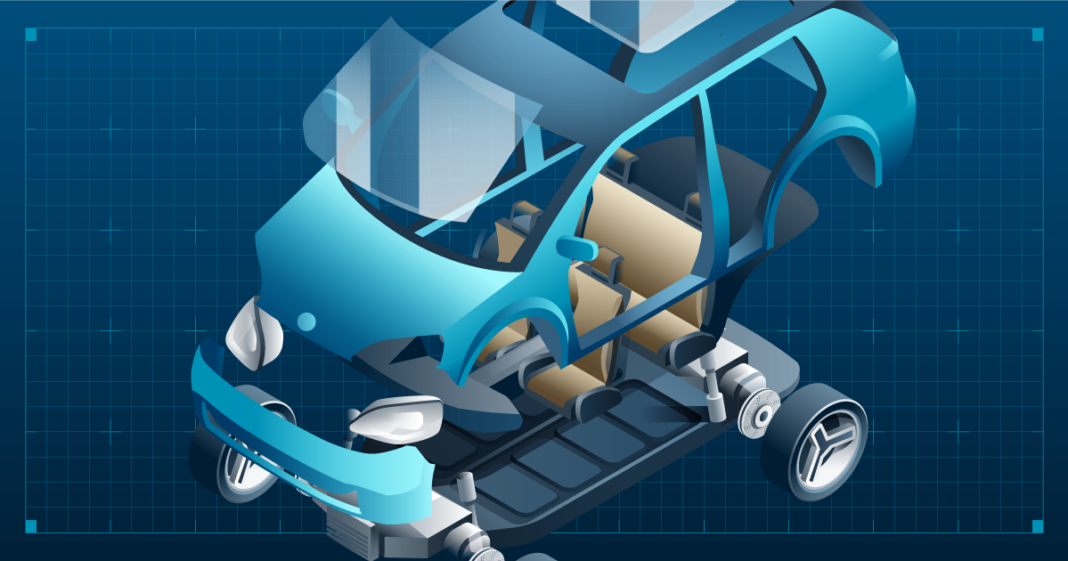The items and gadgets we use on a daily basis in the modern world are complex assemblies of many parts, each painstakingly made to fulfill a single purpose. These parts support everything from autos to coffee makers and are essential to our contemporary comforts. However, the procedure can frequently be difficult and time-consuming for the engineers entrusted with designing and procuring these components.
Engineers have historically had a number of choices when it comes to gathering component data during the design stage. They could use component search engines, download user-generated materials, redraw parts themselves, request data directly from manufacturers, or acquire files on-demand from manufacturers. With differing degrees of accuracy, turnaround times, and brand and format options, each approach offers advantages and disadvantages.
But there’s a fresh approach coming up called 3Dfindit. With a full feature set intended to optimize the process, this cutting-edge platform seeks to completely transform the way engineers obtain standardized parts data. Engineers can take advantage of on-demand product configuration, a massive library of trillions of manufacturer-certified items, and access to over 6,000 manufacturers using 3Dfindit.
Consider the difficulty of locating a particular part, such as a “Pipe adapter.” Engineers may quickly and easily find the exact component they need with 3DFINDIT, which offers support for over 100 formats and configurable PDF datasheets. This robust search tool offers a one-stop solution for component sourcing, serving not only mechanical engineers but also those in the electrical, mechanical, and architectural domains.
Beyond just being convenient, 3Dfindit’s advantages also result in major time and cost savings for engineering teams. This tool is revolutionary in the field of component data collection, with the potential to save up to 625 hours and $70,000 per engineer.
To put it briefly, 3Dfindit provides an effective way for engineers to overcome the difficulties they have while locating standard parts. It frees engineering teams to concentrate on innovation and design instead of managing the challenges of component sourcing by offering an intuitive interface, an extensive product range, and unmatched accuracy.

Source: 3Dfindit.com








